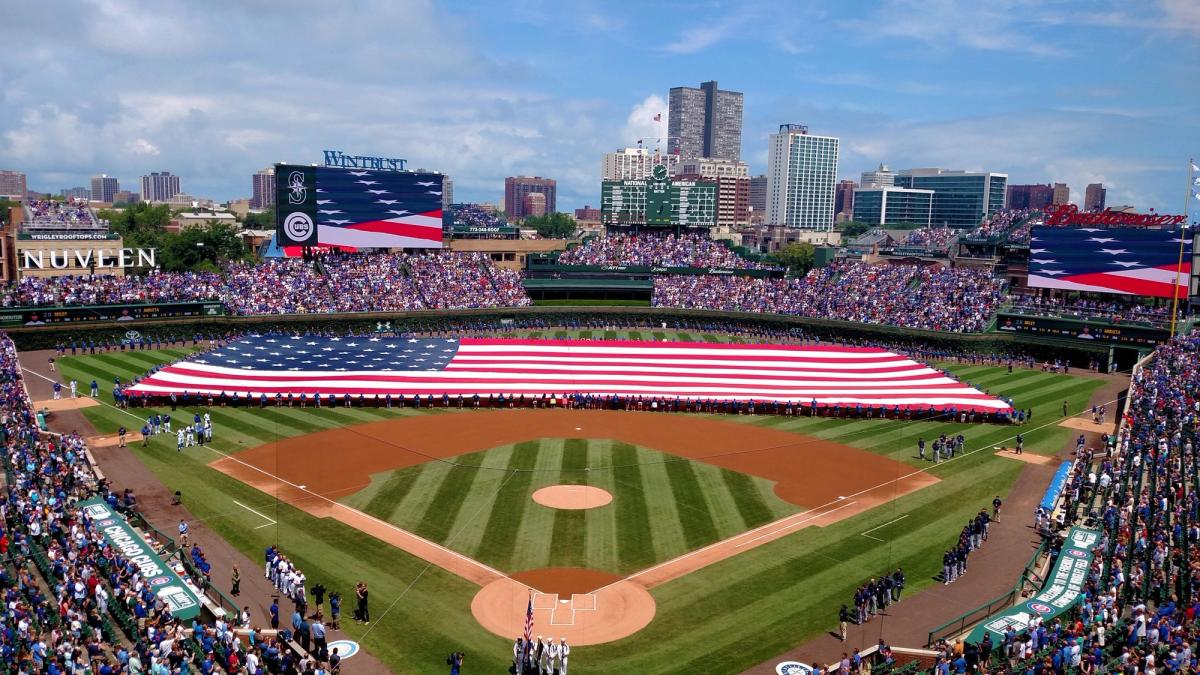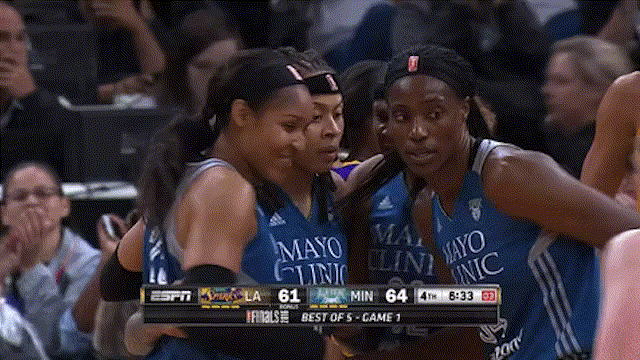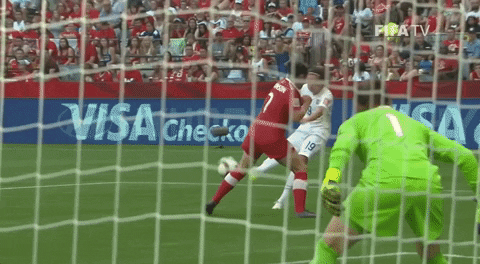Nationalism in sports

📚 The history
What exactly is nationalism, and how does it differ from patriotism? According to 20th century U.S. journalist Sydney J. Harris, “The difference between patriotism and nationalism is that the patriot is proud of his country for what it does, and the nationalist is proud of his country no matter what it does.”
In the U.S., the link between sport and national pride can be traced back to the performance of “The Star-Spangled Banner” during the 1918 World Series, when the Boston Red Sox beat the Chicago Cubs en route to their fifth franchise title.
- With the sobering reality of World War I plus incidents of domestic terrorism in Chicago ahead of the series, the anthem served as a unifying and uplifting agent during a time of increased anxiety. And the tradition stuck.
- After the September 11th terrorist attacks, MLB upped the patriotic ante, adding “God Bless America” to the seventh-inning stretch as a show of national unity — just like their 1918 forebears.
📢 Sports as political warfare
Sports have long served as a tool for advancing political ideologies, as seen in instances like the famous “Miracle on Ice,” when an underdog rag-tag American men’s hockey team defeated the four-time defending gold medalist Soviet Union at the 1980 Olympics, solidifying a sense of national superiority over the Americans’ Cold War–foe.
The inspo for the best sports movie ever made aside, sports have also been used to perpetuate racist stereotyping through the extensive use of Native mascot imagery across amateur and professional sports — all while ignoring the national historical atrocities that created those stereotypes.
- While team owners, like soon-to-be ex–Washington Commanders owner Dan Snyder, argue no ill intent, studies have shown that these names reinforce stereotypes and negatively impact Indigenous peoples’ self-esteem, especially children.
💪 The women’s sports paradox
Nationalistic views can help empower some groups, including women athletes. During large-scale global events like the Olympics and the FIFA Women’s World Cup, women’s games are finally nationally televised with high-quality broadcasts and are hosted in large, often sold-out arenas.
- But the fairytale quickly dissipates when national squads return to regular pro play (and, sadly, sometimes even before). Many women’s leagues lack public support, despite captivating the country and dominating the news cycle during international competition.
- Thankfully, folks are beginning to take notice, and support for women’s sports has never been higher — even when they’re not rocking national team jerseys.
Ironically, though, it all comes back to pesky national pride and its masculine connotations.Dr. Courtney Stzo of Canada’s Queen’s University theorizes that a women’s team repping their flag is a patriotic (masculine) act and, therefore, subconsciously more “acceptable” for broad (read: male) audiences to watch, versus women’s domestic leagues with no country affiliation.
- Without the nationalistic buffer, sexist views take center stage. To quote Taylor Swift, this is exhausting, y’know?
🏅 Under pressure
Global events place the weight of the nation quite literally on star athletes’ shoulders. That immense pressure can result in mental and physical health risks.
Look no further than the Tokyo 2020 Olympics, when Team USA’s GOATgymnast Simone Biles faced extreme hate after stepping down from competition to focus on her health due to a scary and severe case of the twisties. Turns out, putting her wellness first paid off, as a healthy Biles will return to the mat next month for the first time since Tokyo.
And then there’s the Euro 2020 Final. After missing penalty kicks that resulted in Italy winning the championship, England’s Black footballers were swarmed with racist abuse — all under the guise of the players “letting the country down.”
Finally, some countries care so much about their global sports results that they impose doping on their athletes. Russia is a very obvious example of state pressure leading to abuse, most recently displayed when figure skater Kamila Valieva (a minor) was stripped of her gold medal in the 2022 Beijing Games after testing positive for Trimetazidine (a heart booster).
🌎 The bigger picture
Global sports certainly aren’t going anywhere, and neither is national pride.But as you don your nation’s jersey and cheer for your favorite players throughout the rest of this month’s CONCACAF Gold Cup and the FIFA Women’s World Cup (which kicks off in just 15 days!), bear in mind how nationalism in sports can easily become damaging and harmful.
- We can celebrate the wins national support has clinched — like the USWNT achieving equal pay — and recognize the ugliness it can cause. Both can be true at the same time.

